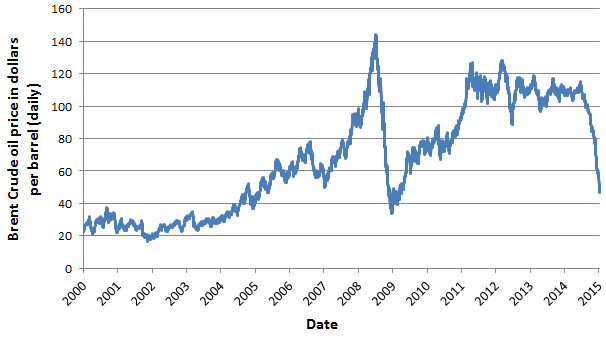BITS Pilani. The name is a class and a brand in itself. It is one of the most prestigious engineering institutes in India boasting of education as worthy as IITs and an overall development of students.
Still it does not register, why would I talk about an engineering college for a finance blog. Believe it or not, these engineering colleges supply the manpower for the growing finance world. Hence today we walk you through the placement scenario of finance sector in BITS Pilani Hyderabad.
 |
| BITS Pilani Hyderabad Campus |
Placements are like the stamp of agreeability after all the years of hard work you have put since your kindergarten. While we admire the difficulty of the whole scenario for the students, lets take a minute to appreciate all the hard work put in by the placement unit of the college to make dreams into reality.
Today we connected with Ms. Visishta Karasani, Placement Co-ordinator at BITS Pilani Hyderabad, over the phone. She has been associated with the unit for close to 4 years. She has led the pitching team for Finance and banking and now looks over the working of the unit. She helps us view the reality behind the entire scene and how difficult is it for an engineering student to get placed in Finance sector.
 |
| Ms. Visishta Karasani |
'Investigate your interest and chase it. Increase your exposure and you will definitely increase your chances in this world. It is also a must to be aware of what is happening around you.'
Finance for Newbies(FfN) : Hi Visishta. We are glad that you got time from your busy schedule for the interview.
Visishta: I am grateful for this opportunity and I feel it is very important that people are more aware of the placement scene long before they are face to face with it. The placements in the core, IT as well as finance sectors have been remarkable. The inflow of companies for recruitment has improved a lot, given we are just a 4year old campus.
FfN: Could you throw more light on the companies in the finance sector which visited the campus?
Visishta: I can be more specific about the placement semester going on presently. We had corporate giants like McKinsey, Futures First, MuSigma, Latent View , etc. turn up for jobs in analytics, banking or core finance sectors. Fractal Analytics was another great name we added to the list this semester only. Fidelity was one of the companies which had complete focus on banking and finance.
FfN: How does the unit convince finance companies to hire students with engineering background?
Visishta: This is the first challenge that we face. We have a pitching team completely dedicated to approaching companies in this sector.Our college curriculum and flexibilities help us a lot here. Our campus believes in diversified education and an overall development. Hence students enjoy electives in finance while studying core electrical machines. The college offers a Minors in Finance which also goes a long way in convincing the companies of financial background.
At the same time engineering improves an individual's analytical skills and most of these companies are looking for smart people. It is not about the subjects or the couses but the presence of mind and lateral thinking of the students which helps in the further processes. Our alumni are also making big in finance sectors and it provides credibility to the college.
FfN: You mentioned courses and electives. Could you specify some must do courses for students aiming at a shot in finance ?
Visishta: As far as the recruiters are concerned the subjects/ courses are not of importance as long as you are aware of the basics. Yet the courses offered in our college like Fundamentals of Finance and Accounting, Derivatives and Risk Management, Banking and Finance Management, and Project Appraisal give you a great exposure. I guess experience takes you further towards success. An internship before hand is a useful way to spend your time, gain exposure and a perfect resume booster. Our strong alumni network can be of great help here. Patience and a lot of dedication is needed. Keep updated with the country's economy and global economy / current affairs. It adds a lot.
FfN: It was great talking to you Visishta. We wish your campus further luck for placements. Last word for our Readers ?
Visishta: I would say 'Investigate your interest and chase it. Increase your exposure and you definitely increase your chances in this world.' Thanks a lot for your good wishes.
I hope the interview was useful and as informative for you, readers. We love to keep you updated and would love to know if you have any more queries. Stay positive and dedicated. Some company would soon be lucky to have you.




